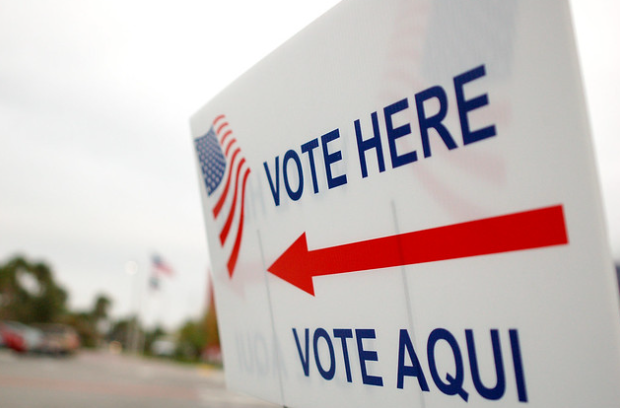In recent years, food safety has become a critical concern for consumers and companies, but especially restaurants that are part of a food chain. One of the most recent incidents highlighting concerns about E. coli was the McDonald’s E. coli outbreak. This incident not only impacted fast-food restaurants but also raised awareness about the importance of making sure all of the food we consume is prepared safely.
Starting on October 22nd of this year, over 90 people across the Western United States contracted Escherichia coli, more commonly known as E. coli. Everybody diagnosed with the deadly illness had no connections except where they had eaten. The restaurant all of these people had gone to was America’s favorite, McDonald’s.
But what is E. coli? E. coli is a group of bacteria that can cause infections in your gut (GI tract), urinary tract, and other parts of your body. Most of the time, it can live in your gut without hurting you, but some strains can make you sick with watery diarrhea, vomiting, and fever. Fortunately, E. coli can be prevented by washing your hands after handling raw meat, cooking meat to a safe, consumable temperature, drinking safe, clean water, and washing your fruits and vegetables before eating them. E. coli is most threatening to pregnant women, adults over 65 years old, and people with compromised immune systems.
One of the strangest things about E. coli is that not all of it is bad. Actually, over 80% of E. coli is harmless. Sadly, the deadly E. coli in most scenarios involving restaurants is fatal. However, when the CDC (Centers for Disease Control and Prevention) declared that the food causing the E. coli outbreak was the onions, McDonald’s quickly removed onions from their menu and worked closely with health authorities to identify the source of contamination. In this scenario, McDonald’s is also starting to implement more safety regulations and measures to prevent this from happening again.
Although the safety precautions taken were a step in the right direction to help the future consumers of Mcdonald’s, it was too late for nearly 90 Americans who had contracted E. coli.
Data shows that the outbreaks have been detected in 13 states, and out of the 83 people diagnosed with E. Coli, 27 were hospitalized, and 2 people developed hemolytic uremic syndrome, a serious condition that can cause kidney failure. Out of all 83 people, tragically one person passed away.
All in all, the McDonald’s E. coli outbreak serves as a reminder to our community about how important food safety is. As restaurant workers, taking precautions such as washing hands after using the restroom, wearing gloves, cooking all food to its correct temperature, and maintaining a clean eating environment can help lower the frequency of people getting E. coli. However, as consumers, it is also important that we wash our hands, only touch our own food, and always keep our hands clean.



























































































































